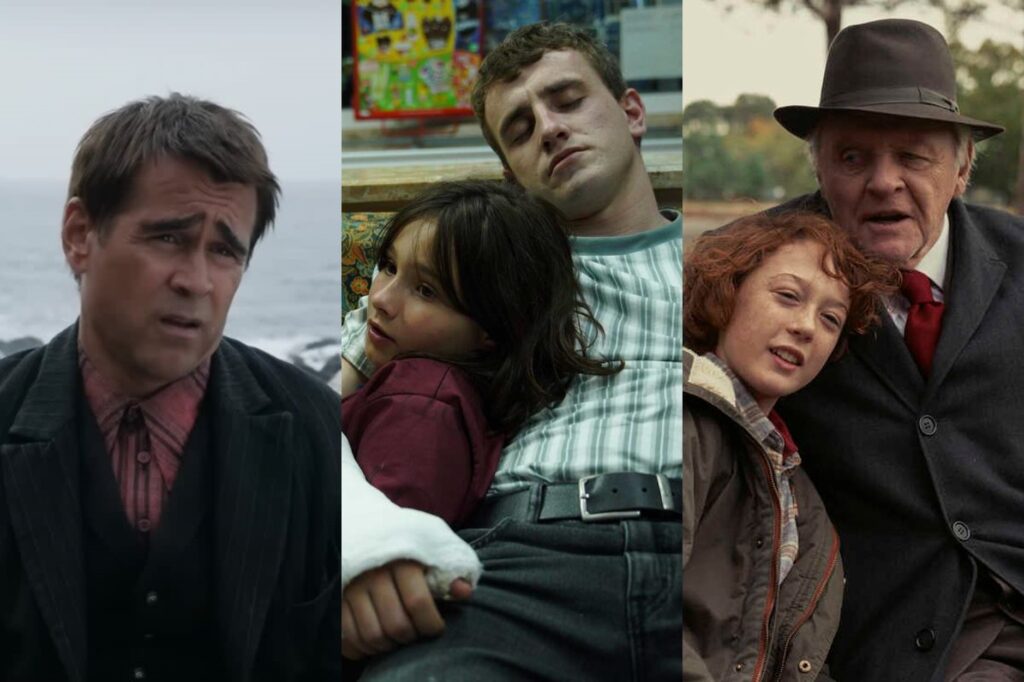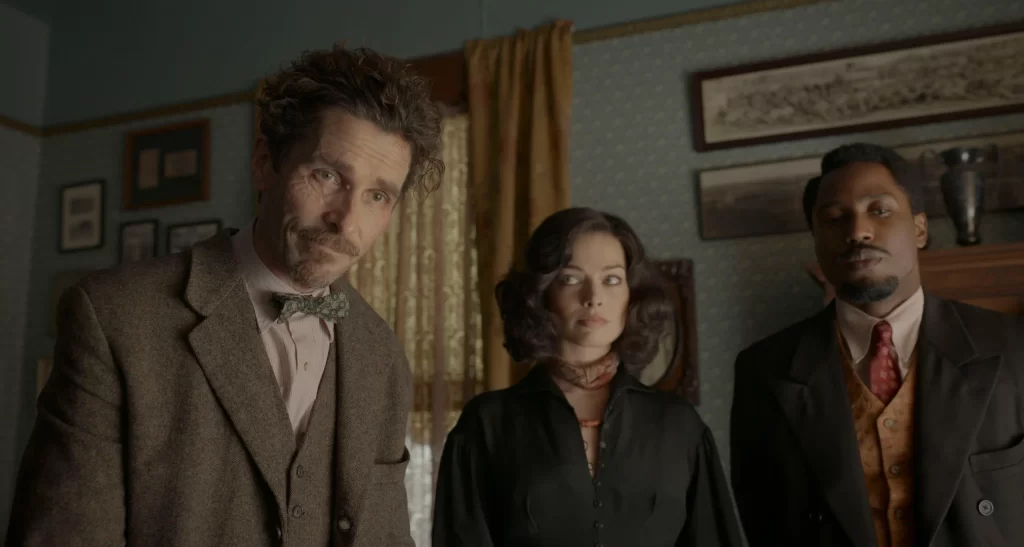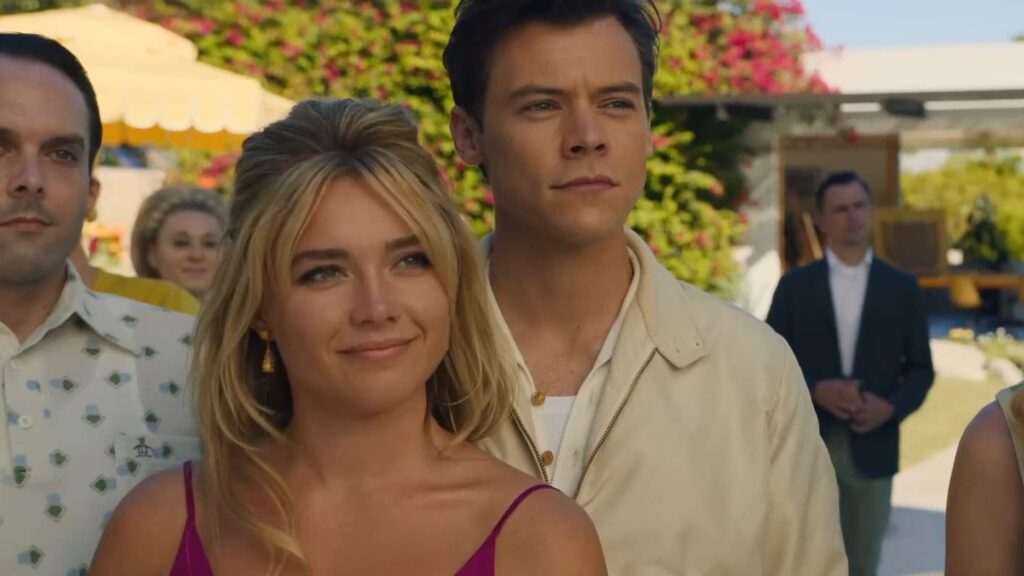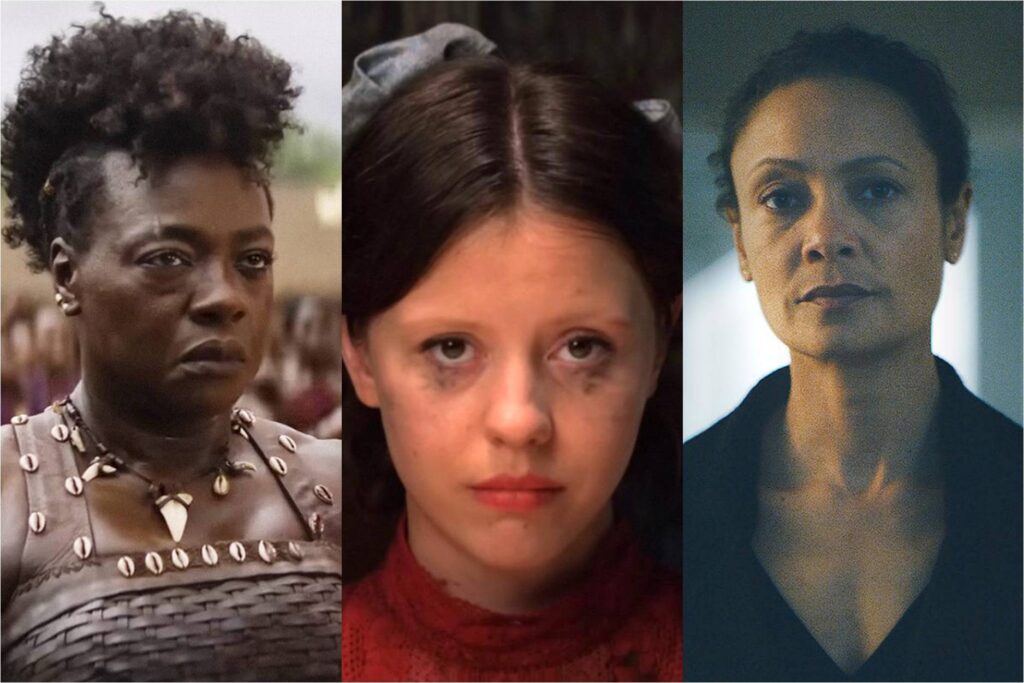The Fabelmans: The Art of a Lion
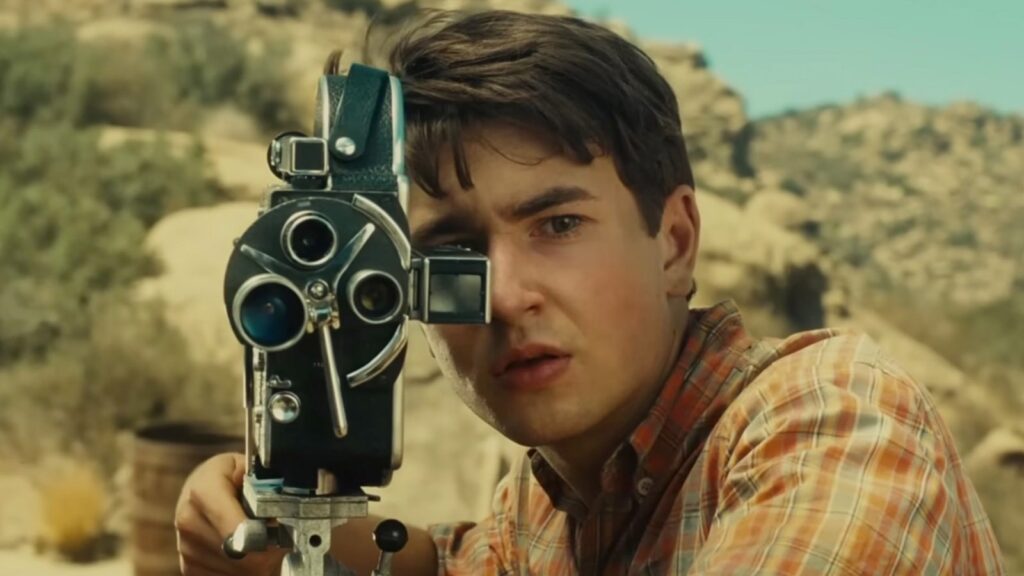
Steven Spielberg’s The Fabelmans is undoubtedly a valentine, but who is the target of its affection? Is it an ode to the movies—a celebration of the populist art form’s beauty and magic? Is it a self-congratulatory testament to Spielberg’s own genius, given that it chronicles a lightly fictionalized version of his childhood? Or is it meant as a gift to you, the audience—the appreciative populace that regularly crowds into auditoriums to stare upward at a silver screen? Early in the film, a young boy makes his first visit to the theater in 1952 in what proves to be a transformative experience; surrounded by hundreds of strangers, he gapes in awe, making the same wide-eyed face that he will spend the rest of his life earnestly recreating.
Watching The Fabelmans in a half-empty 53-seat multiplex, I felt a twinge of irony at that image; the notion of throngs of ticket-buyers piling into giant caverns to watch movies would seem to be less a halcyon vision than a distant memory. (Unless you’re talking about superhero flicks; across the hall, in its third week of release, Black Panther: Wakanda Forever was gobbling up $64 million, more than 20 times The Fabelmans’ gross.) But one of the lessons of this sweet, enchanting movie is that cinema can retain its power in settings that are intimate as well as expansive, and that art can be a vehicle for personal expression in addition to a commercial product. It may find Spielberg operating in a gentler register than typical, but that sensitivity hasn’t dulled his instincts as an entertainer or hampered his gifts as a storyteller. Read More

